It’s January again – and with it all the new year’s resolutions that we make each year.
THIS year, I am going to cut back on the booze
THIS year, I am going to go to the gym three times a week
THIS year, I am going to start eating more healthily
Which is totally normal – we all do it after the Christmas period. January is a great time to take stock of things and your motivation will probably be at the highest it will be all year! Fab.
Fast forward two or three weeks, and that 6am alarm to get up and go to the gym fills you with dread. You’re bored with your “healthy” meals and you are craving a takeaway on Friday night. You’ve not quite managed dry January (but it was a friend’s birthday last weekend, so what could you do…)
Slowly but surely, the healthy habits fade away.
It’s a common story. And one that many people repeat every year or perhaps every few months or so when they decide enough is enough and it’s time to get fit or lose half a stone. This is the classic diet and exercise roller-coaster that many people find themselves on. If this is you, ever wondered how the other half (or more realistically, the other quarter) do it? Those people that don’t seem to ever be on a diet, yet also don’t put any weight on?
One simple word – CONSISTENCY!
It is way more important to be consistent than to be perfect. As soon as you try to have the perfect, textbook healthy lifestyle, you are dooming yourself to failure. The initial motivation cannot last forever. Temptations and life’s natural obstacles – work, illness, family commitments, social occasions (and the rest) – will make it difficult to be 100% perfect. Plus, why would you not want to have a drink at your friend’s birthday bash last weekend! So rather than be “all or nothing”, simply try to have some consistency that doesn’t waver when you miss a workout or when you have eaten a family sized bag of Malteasers all to yourself.
Great, excellent, easy for you to say I hear you cry. It’s not like people set out to not be consistent. So here’s the million dollar question: How do you do it? How can you actually achieve consistency?
As a personal trainer, I am often asked “what is the best exercise to help me lose weight / be healthy / improve my mental health / *insert your own goal”. I could give you the textbook, scientific answer – of course there are recommendations for the sort of exercises that are most beneficial for the average person (basically a bit of cardio, resistance training twice a week, incorporating some stretching, with rest and recovery days thrown in). But my actual answer is this:
The best exercise for you is the one you can consistently do.
And by this I mean it needs to be something that you can realistically fit into your life, and that you actually might want to do. No point saying you will go to bootcamp every week if you work shifts, and some weeks you are going to be too tired to get up and go. Plus, if you hate exercising outside in the cold, then why would you do that to yourself, even if you know it is good for you? It’s also useful to recruit some help. There is a strong base of evidence that shows if you exercise with other people, you are much more likely to keep it up. You hold each other accountable, you don’t want to let the others down, and the social element can also add an element of fun.
The same applies to food. Any changes you make to your diet should not leave you feeling deprived – that’s just a recipe for cravings and you will eventually give in to those cravings. It’s important to still enjoy what you are eating and it should taste good.
My other major tip for achieving consistency is to not try and do everything at once. Make small changes, starting with the ones that feel the most realistic. And don’t be afraid to review these. If you set a goal to walk every lunchtime, but actually only manage three times a week – that’s fine. Change your goal to what you can realistically keep up with, then build on it once you’ve got it cracked. The all too common alternative is to pack it all in because you haven’t achieved what you initially set out to do.
Be realistic, be nice to yourself, recruit others, choose healthy habits that you actually can enjoy, and you will be one step closer to achieving the consistency that given time can help you get off that diet and exercise roller-coaster for good.





